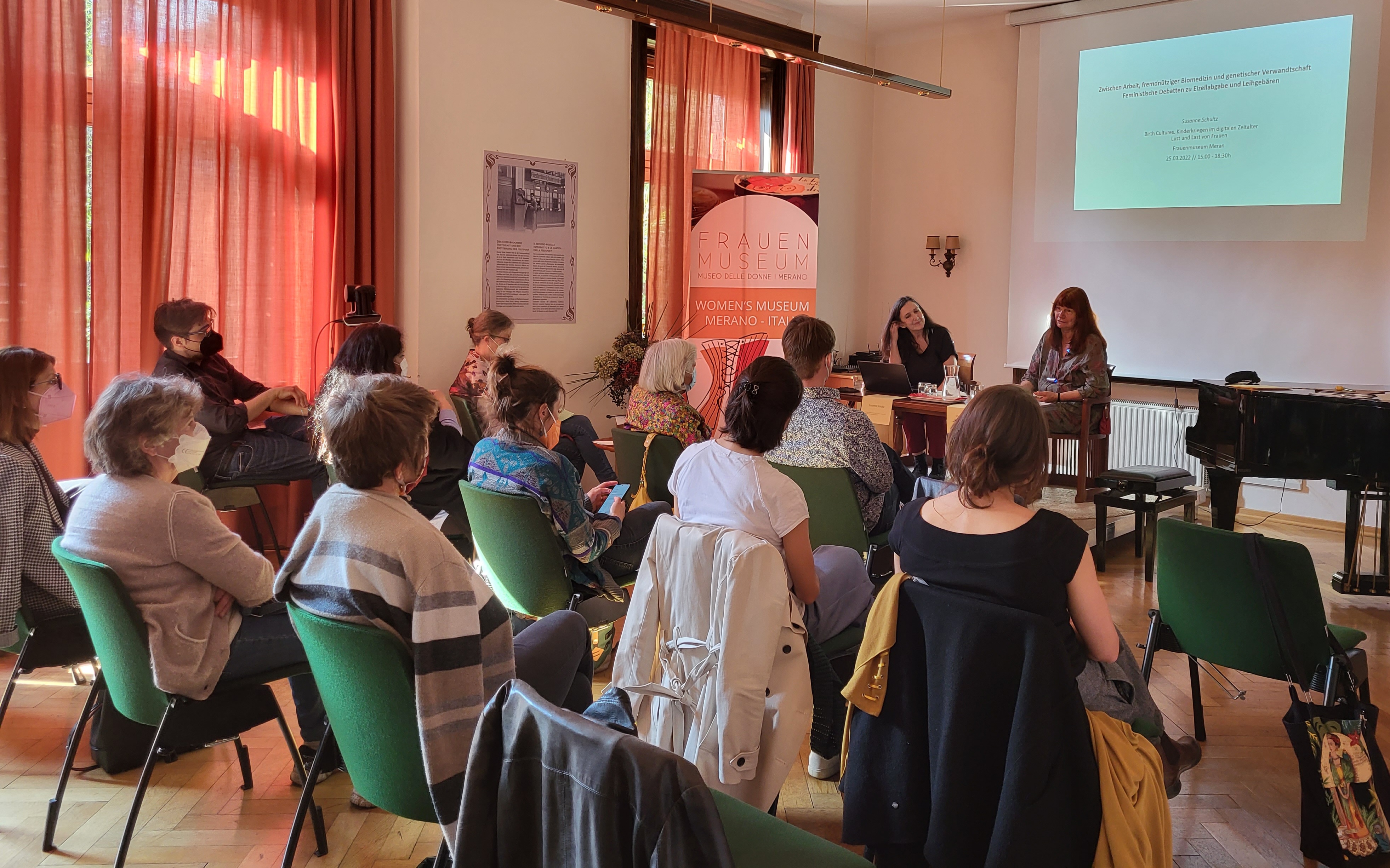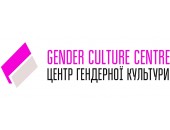
Childbearing in the digital age is taking on new facets: Test tubes, multiple parents and surrogate mothers - The options today are almost unlimited. But what are the ethical consequences of reproductive technologies and how do they affect children and parents? During the conference on Friday 19.3.22 at Women's Museum Merano, the speakers Susanne Schulz, Ina Prätorius and Graziella Fava Vizziello discussed these issues with the audience.
Every child brings new ideas and will contribute to the social life of tomorrow. Nevertheless, raising children is still a private affair, predominantly still done by women. But what if we put child care at the centre of our thoughts as a whole society? What if politics and the economy offered children and families more protection and the best possible framework conditions for full development, e.g. thanks to increased access to midwifery knowledge, birth centres, paternity leave, targeted pension programmes for mothers, etc.?
During the Covid-pandemic, it has become clear that some sectors of the economy, such as banking or finance, can easily be turned digital or even shut down, while old-age care, sanitary care, child-rearing or social assistance cannot simply be interrupted. Most importantly, it has become clear that care work is not adequately paid and promoted and builds up imbalances between genders and social classes.
Today's market around the different fertilisation techniques can also create inequalities, e.g. when surrogate mothers are exploited, when they are not given a choice, when strangers dispose of their bodies or when women have to sell their bodies because they have no other source of income. In these cases, bans should be introduced - said the speakers. Because whenever it is not an altruistic donation but a financial exchange, there is a danger of setting up new power relations that disadvantage and exploit surrogate mothers, mostly women from poorer areas or precarious circumstances.
Even in times of war like these, Ukrainian surrogate mothers are told where to be and how to behave by the order parents of Europe. Opening up opportunities for some should never mean taking away freedoms and self-determination from others. This trend of recent years to want to have one's own genetic-biological child at all costs, could also be reconsidered. We need to think about the psychological consequences of children growing up in laboratories, how we as a society want to live together with children or how we can design new living communities and family concepts? However, we should constantly keep in mind that there should exist limits to technical possibilities, especially in a world where so many children are still parentless.



